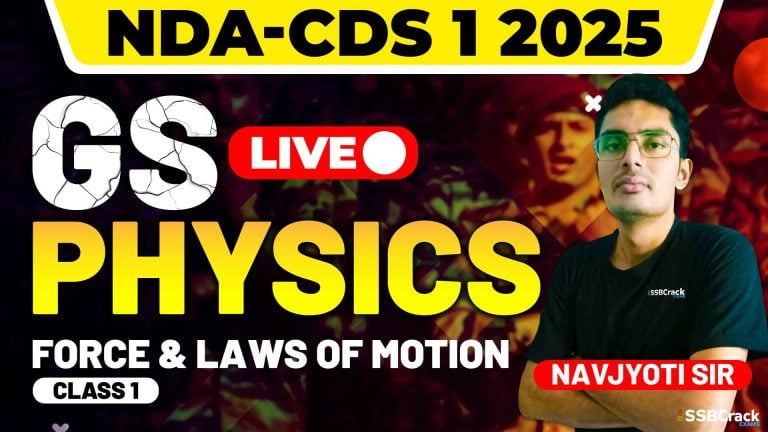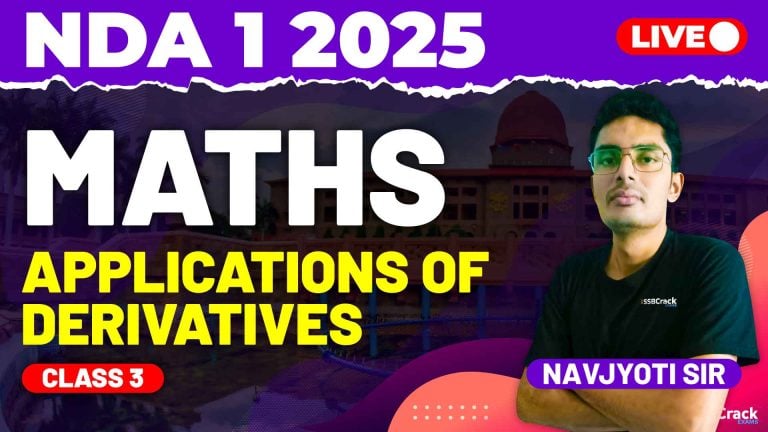In the realm of learning, the importance of effective assessment cannot be overstated. Particularly in subjects like chemistry, where the understanding of elements, compounds, and mixtures forms the bedrock of further comprehension, employing suitable assessment tools is crucial. The National Defence Academy (NDA) examination, in its 2024 iteration, emphasized the significance of Multiple Choice Questions (MCQs) in evaluating candidates’ understanding of chemistry, specifically focusing on elements, compounds, and mixtures. This article delves into the importance of MCQs in facilitating a deeper understanding of these fundamental concepts.
- Assessing Conceptual Understanding: MCQs play a pivotal role in evaluating conceptual understanding. By presenting candidates with a variety of questions encompassing different aspects of elements, compounds, and mixtures, MCQs gauge the depth of comprehension. In the NDA 1 2024 Chemistry Lecture, MCQs likely covered topics ranging from the periodic table and chemical bonding to properties of substances, enabling instructors to assess how well candidates grasp fundamental principles.
- Encouraging Critical Thinking: Contrary to popular belief, MCQs are not merely about recalling facts; they also foster critical thinking skills. In the context of chemistry, MCQs often present scenarios or experimental setups, requiring candidates to analyze information and make informed choices. This encourages analytical thinking and problem-solving abilities, which are invaluable in understanding the intricacies of chemical phenomena.
- Promoting Efficient Assessment: In large-scale examinations like NDA, where a vast number of candidates need to be evaluated, MCQs offer an efficient assessment solution. They allow for quick and objective grading, enabling timely feedback to candidates. Moreover, MCQs can cover a wide range of topics in a relatively short span of time, providing a comprehensive overview of candidates’ understanding without overwhelming examiners or test-takers.
Conclusion: The NDA 1 2024 Chemistry Lecture underscored the importance of MCQs in assessing candidates’ understanding of elements, compounds, and mixtures. By offering a multifaceted approach to evaluation, MCQs not only test conceptual understanding but also promote critical thinking, identify misconceptions, enhance retention, and enable efficient assessment. As such, integrating MCQs into chemistry education serves as an effective means of nurturing a generation of chemists equipped with a robust understanding of foundational principles.
Elements, Compounds and Mixtures MCQs
- In Which One of The Following Chemical Equations Is the Law of Conservation
Of Mass Violated?
A. N2(g) + 3H2(g) → 2NH3(g)
B. 2Fe(S) + 3H2O(g) → Fe2O3(s) + 3H2
C. 2Na(S) + 2H2O → 2NaOH + H2(g)
D. 2C2H6(g) + 6O2 → 4CO2(g) + 6H2O
ANSWER: D - Mass Of 0.1 Mol Of Glucose Will Be:
A. 18 g
B. 180 g
C. 9 g
D. 36 g
ANSWER: A - Which Among the Following Metals Is the Lightest?
A. Aluminium
B. Tin
C. Lead
D. Copper
ANSWER: A - What Is the Chemical Formula Of Salt?
A. ZnC
B. NaCl
C. NaOH
D. More than one of the above.
ANSWER: B - Solid Carbon Dioxide Is Known As:
A. Diamond
B. Dry Ice
C. Rock
D. Mercury
ANSWER: B
For More MCQs On This Topic Refer To the video & Attached PDF


















